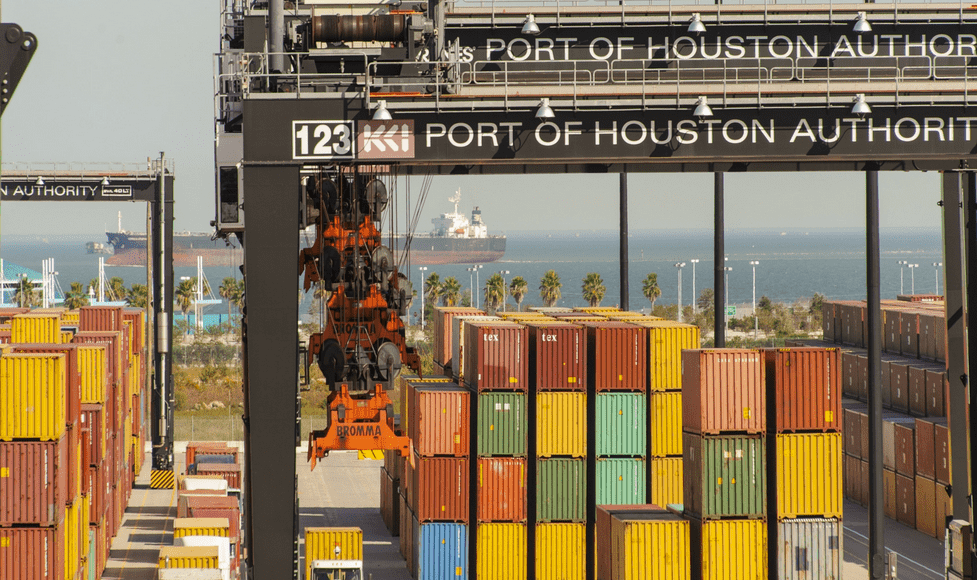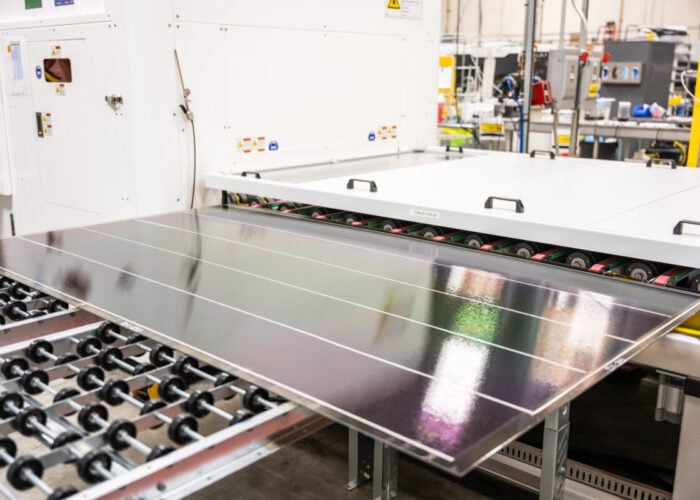
The US Department of Commerce (DOC) has delayed its preliminary decision into its investigation into alleged circumvention of antidumping and countervailing duties (AD/CVD) by solar manufacturers in Southeast Asia following a request by Auxin Solar, the company that launched the initial petition.
A notice published by the DOC on 22 August revealed that it has delayed its preliminary decision until 28 November instead of the end of this month, which will also likely push back the final decision from its initial date of 27 January. The department said it needed “additional time” to analyse “voluminous
administrative record, including multiple questionnaire and supplemental questionnaire responses”.
Unlock unlimited access for 12 whole months of distinctive global analysis
Photovoltaics International is now included.
- Regular insight and analysis of the industry’s biggest developments
- In-depth interviews with the industry’s leading figures
- Unlimited digital access to the PV Tech Power journal catalogue
- Unlimited digital access to the Photovoltaics International journal catalogue
- Access to more than 1,000 technical papers
- Discounts on Solar Media’s portfolio of events, in-person and virtual
In March, the DOC agreed to investigate alleged circumvention of antidumping and countervailing duties (AD/CVD) by solar manufacturers in Cambodia, Malaysia, Thailand and Vietnam in a move that was hugely damaging to the US solar sector as it essentially froze the import of PV cells and modules to the country.
Then on 6 June, US President Joe Biden decided to waive those tariffs on solar imports for two years as part of a swathe of measures to boost renewables deployment, which was celebrated by a beleaguered US solar sector.
The measures are designed to last for 24 months from June and were described by the White House as a “bridge” for solar imports while “reinforcing the integrity of our trade laws and processes”.
That waiver, however, has raised “questions of legality”, as previously reported by PV Tech, given it overrides a semi-judicial process by the DOC and interferes in legal affairs.
A ROTH Capital note has suggested, however, that a lawsuit appealing Biden’s executive order could be triggered once it becomes final regulation and is published in the Federal Register, which is expected soon.
In that case, those filing the suit are likely to ask for a temporary restraining order and a preliminary injunction, according to ROTH, which said that while most of the industry expects the suit to be thrown out, one legal contact saw the possibility an injunction could be put in place.
“If an injunction is put in place, module imports could be at risk for AD/CVD tariffs until a final decision on the appeal is made. A final decision could be 9-12 months out, thereby chewing up a bunch of the original two-year tariff waiver,” ROTH said.
PV Tech will be following the case as it develops, providing in-depth legal and technical analysis regarding any challenge to the waiver and its potential repercussions. We’ve included a brief timeline of events so far below.
AD/CVD: A timeline
August 2021: A group of anonymous solar manufacturers, dubbed the American Solar Manufacturers Against Chinese Circumvention (A-SMACC), petitions the US Department of Commerce to investigate alleged circumvention of AD/CVD tariffs by manufacturers based across Southeast Asia.
September 2021: The Department of Commerce delays its verdict on the A-SMACC petition, requesting new information to proceed, including the identities of those companies included within the group.
November 2021: The Department of Commerce rejects the A-SMACC petition, citing the ongoing anonymity of those included within the group as an obstacle to further proceedings.
February 2022: Auxin Solar, a hitherto little-known US module manufacturer, launches a new petition with the US Department of Commerce to investigate potential circumvention of AD/CVD tariffs by Southeast Asia-based manufacturers.
March 2022: The Department of Commerce confirms it will investigate alleged AD/CVD circumvention following Auxin Solar’s petition, effectively halting US module supply from Southeast Asia.
May 2022: Eight major module manufacturers with operations in Southeast Asia are selected as mandatory respondents to Commerce’s investigation.
June 2022: With the investigation still ongoing, the Biden administration confirms it will waive certain trade tariffs on solar products for two years, effectively meaning AD/ CVD tariffs will not be implemented until June 2024 at the earliest.
August 2022: The preliminary findings of the Department of Commerce’s investigation are announced. This has now been pushed back to November, according to reports.
January – April 2023: A final decision on the investigation, including any prospective tariff rates, are to be announced by the Department of Commerce, although this is now likely to also be pushed back following the preliminary decision delay.







